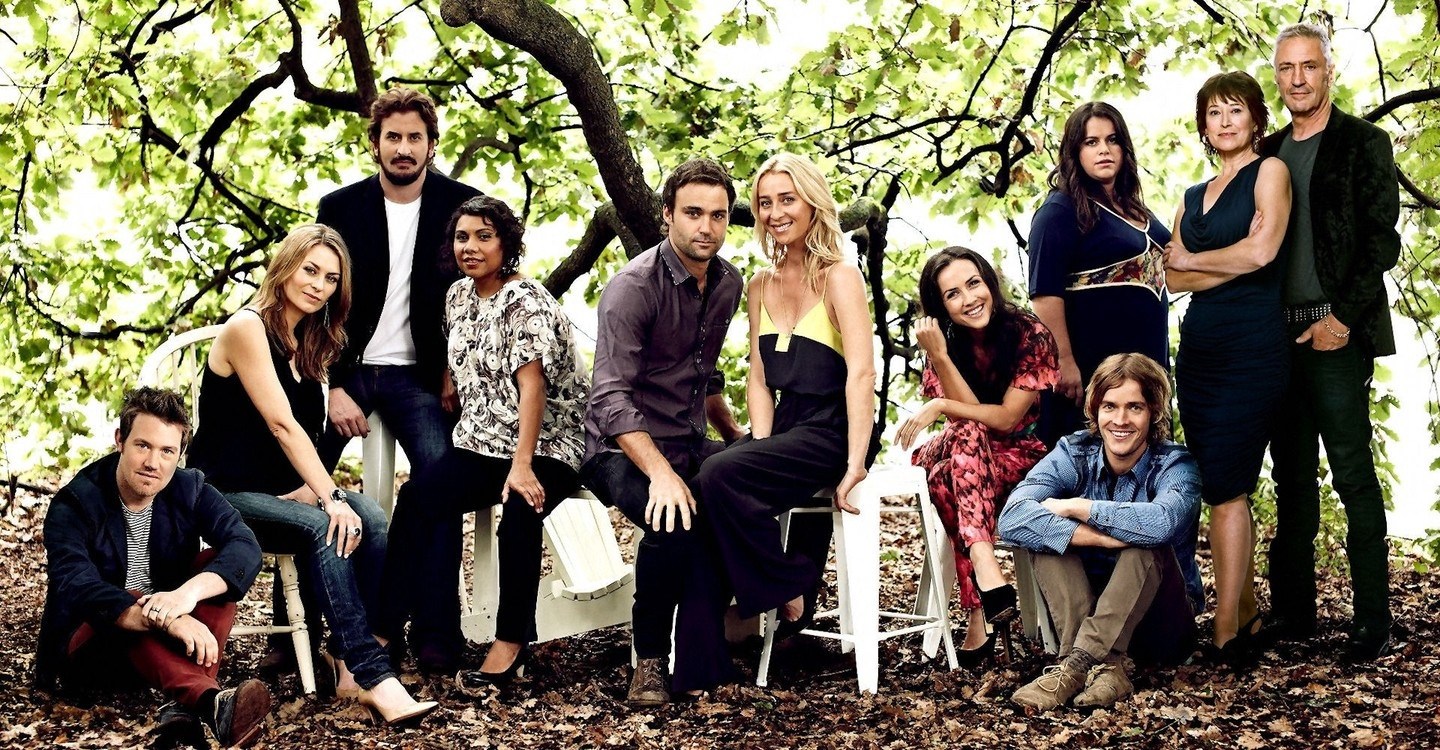Kim Daniels’ answer sounds the most accurate to me, as does Sherï Hussain’s answer to Are there really rough neighborhoods to avoid in Melbourne Australia?
The question is clearly vexed, and if you’re paying close attention, there’s several things going on (which Stacey Johnston’s answer alludes to). The social dynamic in Melbourne is in flux; people’s old prejudices about suburbs die hard, even if they are overtaken by events (and that will be reflected in my answer too); and there’s a lot of class prejudice in both directions, for a people who are in denial about having class prejudice.
Tribes at disdain with each other or overlapping with each other include:
- The old Melbourne establishment
- The old working class (or its remnants)
- Yuppies, creatives and suchlike cosmopolitans
- Enterpreneurs of varying types, including both tycoons and tradespeople
- Several different kinds of underprivileged groups
- Several waves of migration: Southern European, Vietnamese, Indian, East African, and several iterations of Chinese migration
- Hipsters
- Bogans
- The complexity of the tribalisms is illustrated by the complexity of the appellation bogans. It looks like it’s tied to class, and there is a correlation, but it’s not a good correlation. Much more of it is tied to culture; one can readily be a “cashed up bogan”, and plenty of people are rather proud to call themselves bogans.
So, with that in mind:
There are three divides in Melbourne. The least relevant is North Of The River and South Of The River. It is true that there are lots of Melburnians who will never cross the river; but that’s merely a divide of transport laziness. South Yarra is fashionistas and Brunswick is hipsters; they’re not as different from each other as they like to think.
The old class divide was Western Suburbs vs Eastern Suburbs. The money was in the East; the working class was disproportionately in the West, as were the underprivileged. Broadmeadows was a project in social engineering gone horribly wrong—dump a bunch of social housing in the Western outskirts with no amenities and nothing for kids to do but beat each other up. Footscray was notorious in the 80s for its Vietnamese gangs and its all-round seediness.
Half the suburbs in Kim Daniels’ answer are Western: Sunshine, St Albans, Broadmeadows. That class divide is pretty much gone now. Williamstown and Yarraville are a stone’s throw from Footscray, and they’ve transmogrified from Southern European industrial dormitories into Yuppieville West. Footscray has gone from Vietnamese turf to Vietnamese vs Somali turf, but gentrification is well underway. It’ll eventually hit Sunshine too.
The divide was never that sound anyway, as you can see from the other suburbs Kim Daniels names. The real class divide is now Inner vs Outer suburbs, with better vs worse access to amenities. There’s an inner affluent zone; a middle suburbia that’s getting increasingly expensive, and an outer zone mixed between the disaffected and young families that can’t afford suburbia. It’s why Footscray simply has to gentrify—it’s too close to the CBD not to. And it’s why Broadmeadows will not.
Dandenong and Frankston were the outer eastern limits 30 years ago, and I guess they’re still outer, though there’s 20 km of exurbia past Dandy now. Dandenong has had an increase in crime, and people looking askance at its newly arrived immigrants. Frankston is often derided as Bogan Central, although it has nowhere near the criminality of Dandenong. It’s laughed at rather than feared, I’m afraid. (And it knows it has an image problem: Faces of Frankston are all over my train carriage.)
Springvale, which is geographically middle now, historically was the Other Vietnamese centre, and had some criminality in the 80s. I suspect this is more reputation than fact.
The last two suburbs on Kim’s list are inner, which may seem odd. Fitzroy is a strange mix of ghetto and hipsterville. (Well, maybe not that strange: it’s gritty, and that’s what hipsters like.) It has a junkie problem (the McDonalds has blue lights in its toilets—Why are there blue lights in public toilets?), and it has Melbourne’s best known Aboriginal enclave. It also has an overrepresentation of vegetarian restaurants, and the loathsome hipster smugness of Offspring (TV series), set in Fitzroy.
God damn it, I hate those arrogant, Ooh Look At Me I’m So Unconventional neurotic hipster turds on Offspring. I don’t care that it’s fictional, I just want them DEAD.

Screw you, impeccably accessorised hipster bastards, and your fricking hipster inner city parks.
Ahem.
There’s a very insalubrious patch of Heidelberg West overrun by drugs too, as you can tell by the abrupt dip in house prices. Far cry from when it was Melbourne exurbia 100 years ago, where the Heidelberg School did their thing.
As for St Kilda, it was rough maybe 20 years ago, in patches; Grey Street really was Streetwalker Alley, and there really were bits it was not wise to venture into at night. Again, I think this is people’s memories at work: it’s now overrun with British backpackers and British migrants reliving their backpacker past, and I find it pretty damn pleasant.
Oh, the good suburbs?
- For Old Melbourne Establishment, Toorak and adjoining suburbs, and (I think) Camberwell.
- For hipsters, fricking Fitzroy, and adjoining Brunswick, moving northwards now to Northcote. South Yarra for more money and glitz. Hawthorn for grit South Of The River.
- As suburbia goes, it gets bland quickly. For nicest and pleasantest—Glen Waverley? Ivanhoe? Glen Iris?
